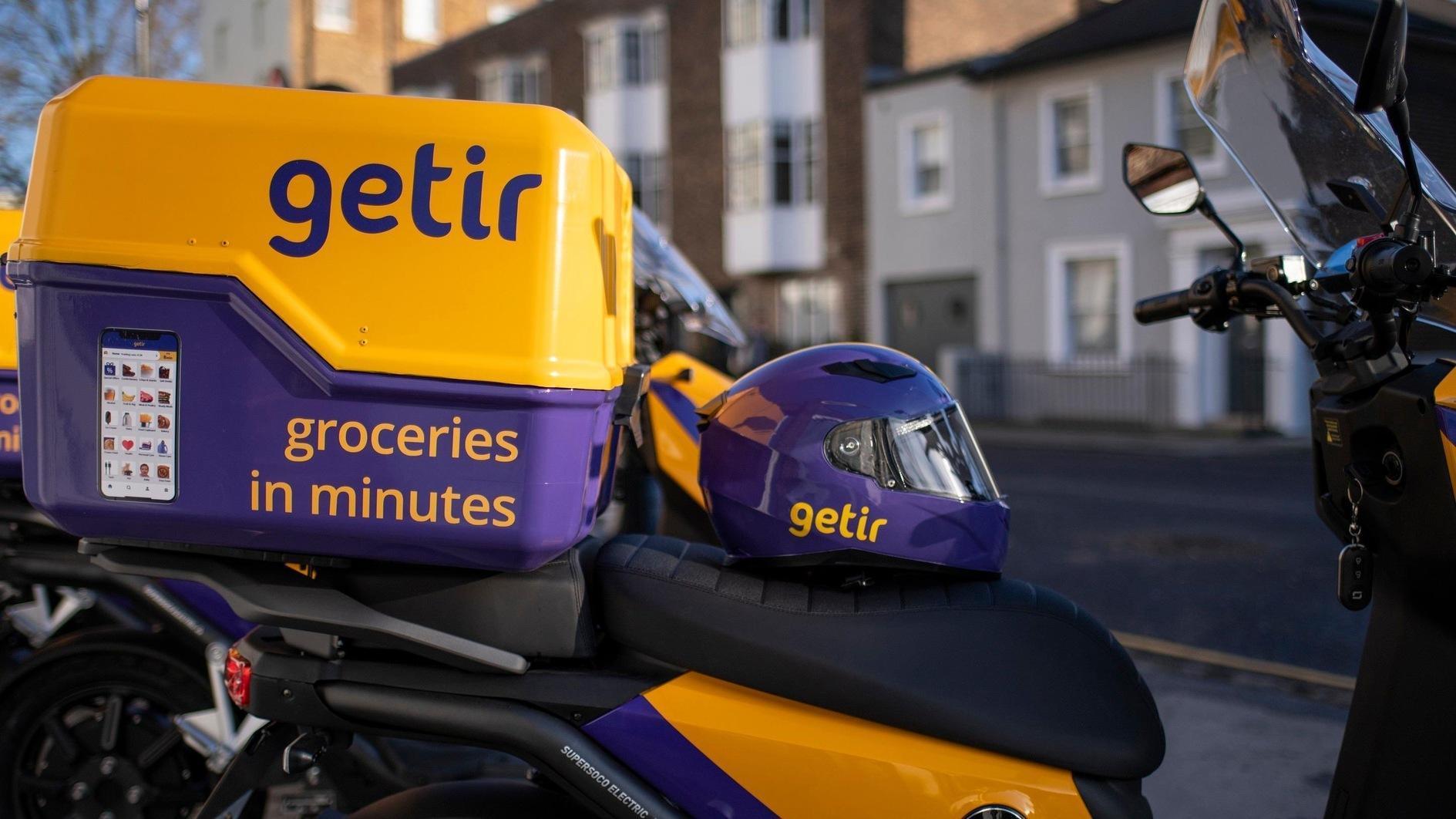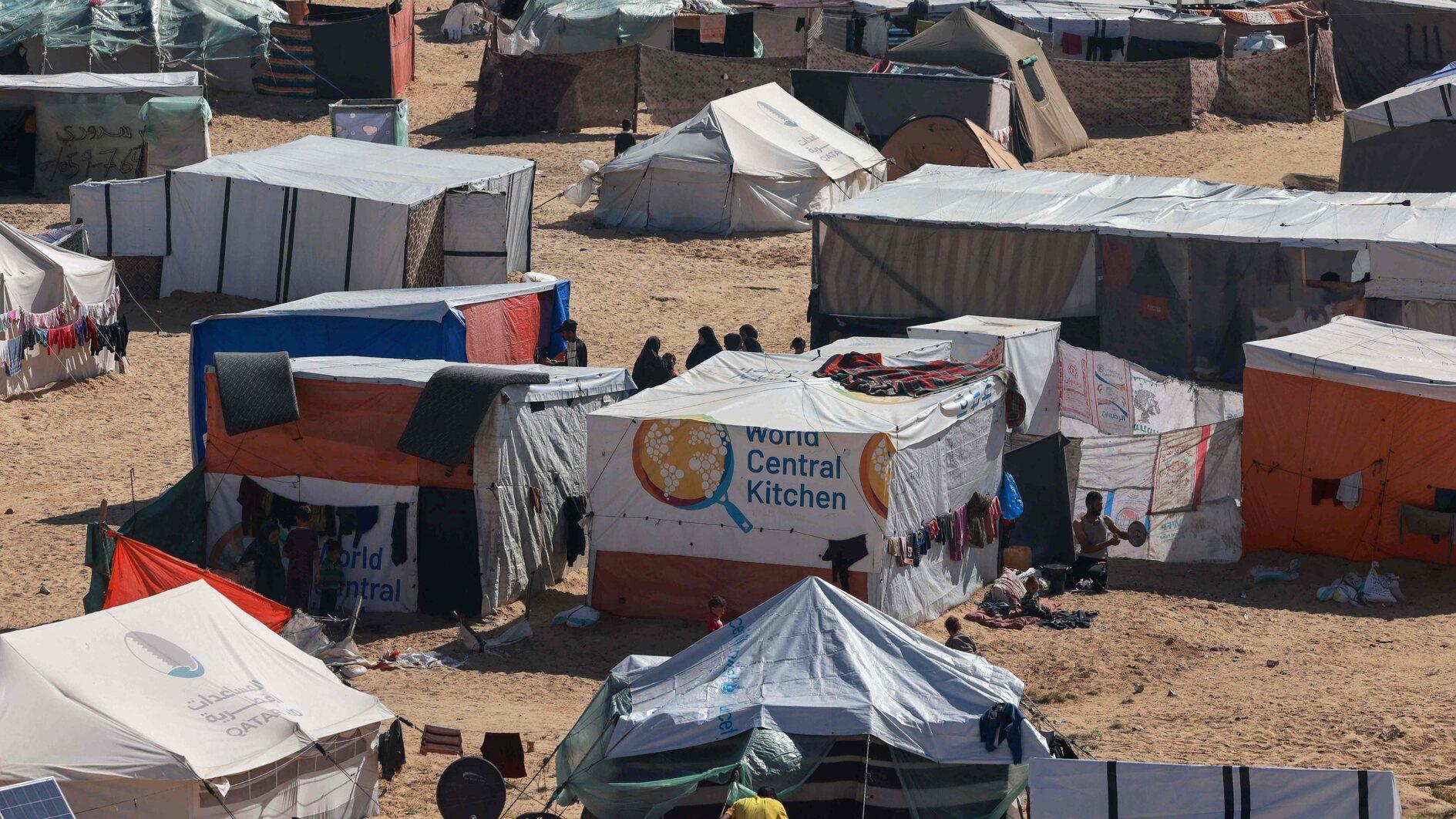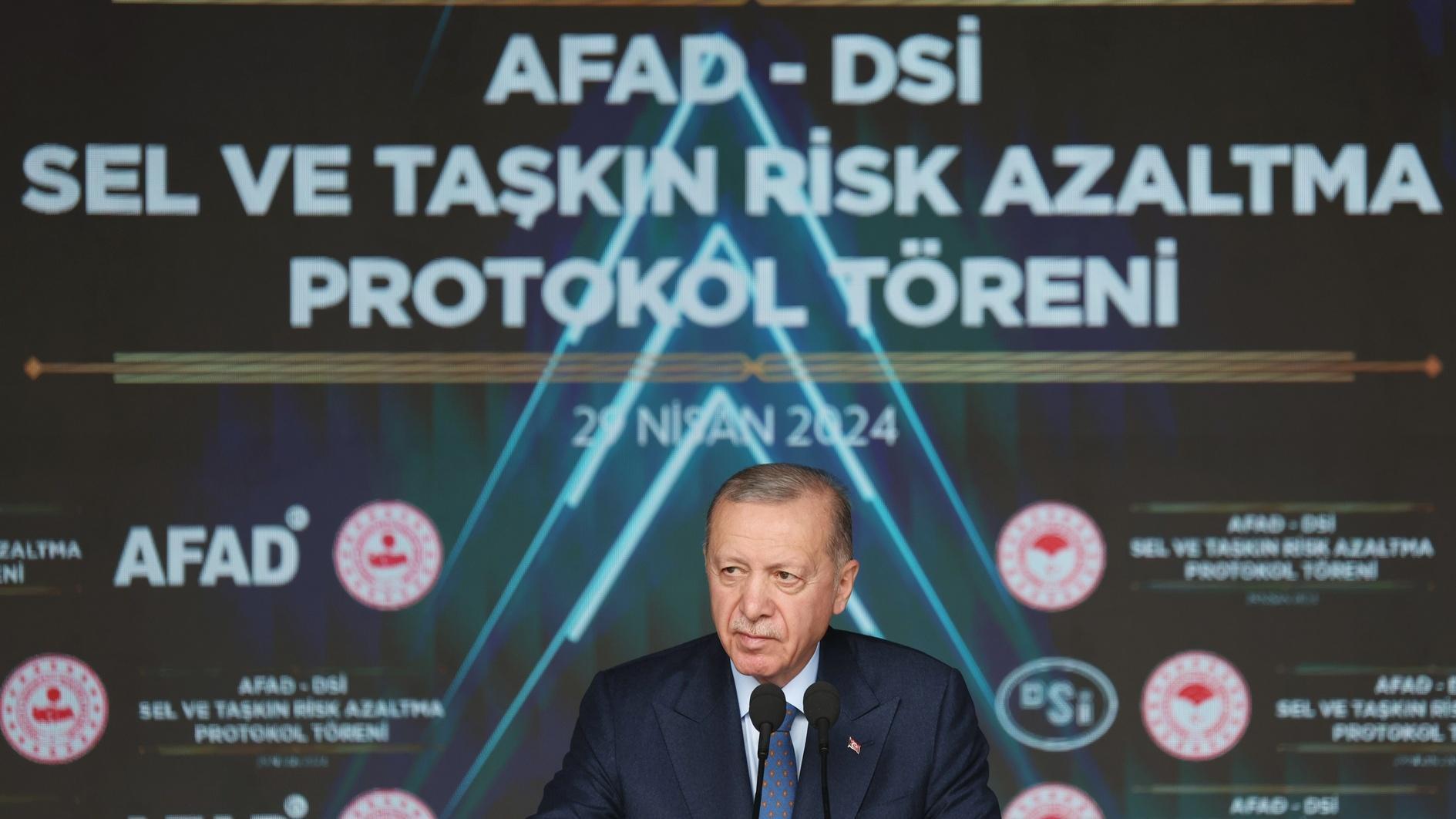Combatting Poverty: Education as a panacea?
MARINA GONZALEZ – MİNE TAFOLAR
“Education does not change the world; however, it changes people who are going to change the world,” said prominent Brazilian educator and philosopher Paulo Freire.The role that education could play in changing the lives of people has become much more pronounced in low-income neighborhoods of developing countries. La Cava is one such neighborhood located in the province of Buenos Aires in the municipality of San Isidro. We had the opportunity to observe how a popular library called Making Paths (Haciendo Caminos) could have the potential to alter the everyday dynamics of life in this neighborhood by helping kids spend time together reading, playing games and, more importantly, by enabling them to develop their own perspectives of life through interactive dialogue with educators.
In order to manifest this point more vividly, we decided to start with telling you the story of La Cava and Brisa. Brisa is 9 years old and lives in La Cava. Among all the inhabitants of La Cava, there are children playing on the streets and jumping over puddles all day long. All of them take care of their little brothers and sisters. Some of them just choose to pass by the library. Some of them enter. Brisa is one of them, choosing to enter the library. In the library, a group of people come together in order to help children with their homework, spend time with them and see what can be done to ensure that they have a better life in the neighborhood.
Brisa knows that nobody likes the neighborhood she lives in. The TV makes this very clear. On TV, they portray La Cava as a place where nobody works, where everybody is lazy, dependent on social plans and using drugs. She also does not like some of the features of the neighborhood. However, she has learned and become used to how to cope with the intricacies of life in La Cava. She knows how to pass through the streets. For example, she knows very well that she should not leave home when it rains because a cable might fall and she could get electrocuted. Some of the kids use bullets, which could end up in extremely bad consequences.
Brisa does neither know to put the blame on politicians, nor understands that they are those who are responsible for the precarious situation she faces in La Cava. But sometimes, she gets angry with her mom who spends all day outside the home. Brisa goes to school, returns back to get milk with her grandmother, and comes to the library to do homework. At home, she helps with the housework and takes care of her siblings. She can come to the library alone in order to meet with her friends without being worried about all these things for some time at least. Sometimes, she does her homework in the library, sometimes she does drawings. She likes Thursdays the most, because she knows that on Thursdays when she arrives, tea will be ready and she will be able to play games with her friends.
The concept of popular education (educación popular), developed by Freire demonstrates the line of work carried out in the library in La Cava. This perspective makes it possible that kids are capable of problematizing the situations they encounter in the neighborhood. The critical evaluation of reality through popular education permits means children can generate some questions in their minds and become much more active participants in life even in such a hostile context. For instance, they started asking questions such as: Who are we? What are the things that we like and do not like about ourselves and about the world in general? The children in La Cava have a lot to talk about and they bring a variety of different topics related with the problems they confront in their own neighborhood along with those outside to the library. We have observed that this collaborative dynamic among educators and kids ensures that children become used to developing their own perspectives of life. In La Cava, we have seen that extant unfavorable structural conditions do not have the final saying on the lives of children. It is possible to change for the better the hostile dictates of the structural conditions through human will, through the formation of the library in the case of La Cava. In other words, there is always room for agency and education could be an important motor of change despite the odds.
Marina Gonzalez is a BA student studying political science and government at Torcuato Di Tella University in Buenos Aires. Mine Tafolar is a PhD candidate at the Government Department at the University of Texas in Austin.











